The magic turn
In late 2011, Elon Musk laughed off the notion that his Tesla company would be challenged by Chinese automaker BYD: "Have you seen their cars?"
“I don’t think it’s particularly appealing,” Musk explained on television. “Their technology isn’t very good. And BYD has a lot of pretty serious problems right here at home.”
Yet just a decade later, the Shenzhen-based company led by Wang Chuanfu has taken Tesla’s title as the world’s leading battery-powered electric vehicle maker. BYD was founded in 1995 and is backed by legendary investor Warren Buffett.
In the fourth quarter of 2023, BYD sold a record 526,000 battery electric vehicles, while Tesla's sales were 484,000.
“Four or five years ago, no one would have thought that Chinese electric cars would have the quality and reliability to compete,” Tu Le, founder of consultancy Sino Auto Insights, told the Financial Times .
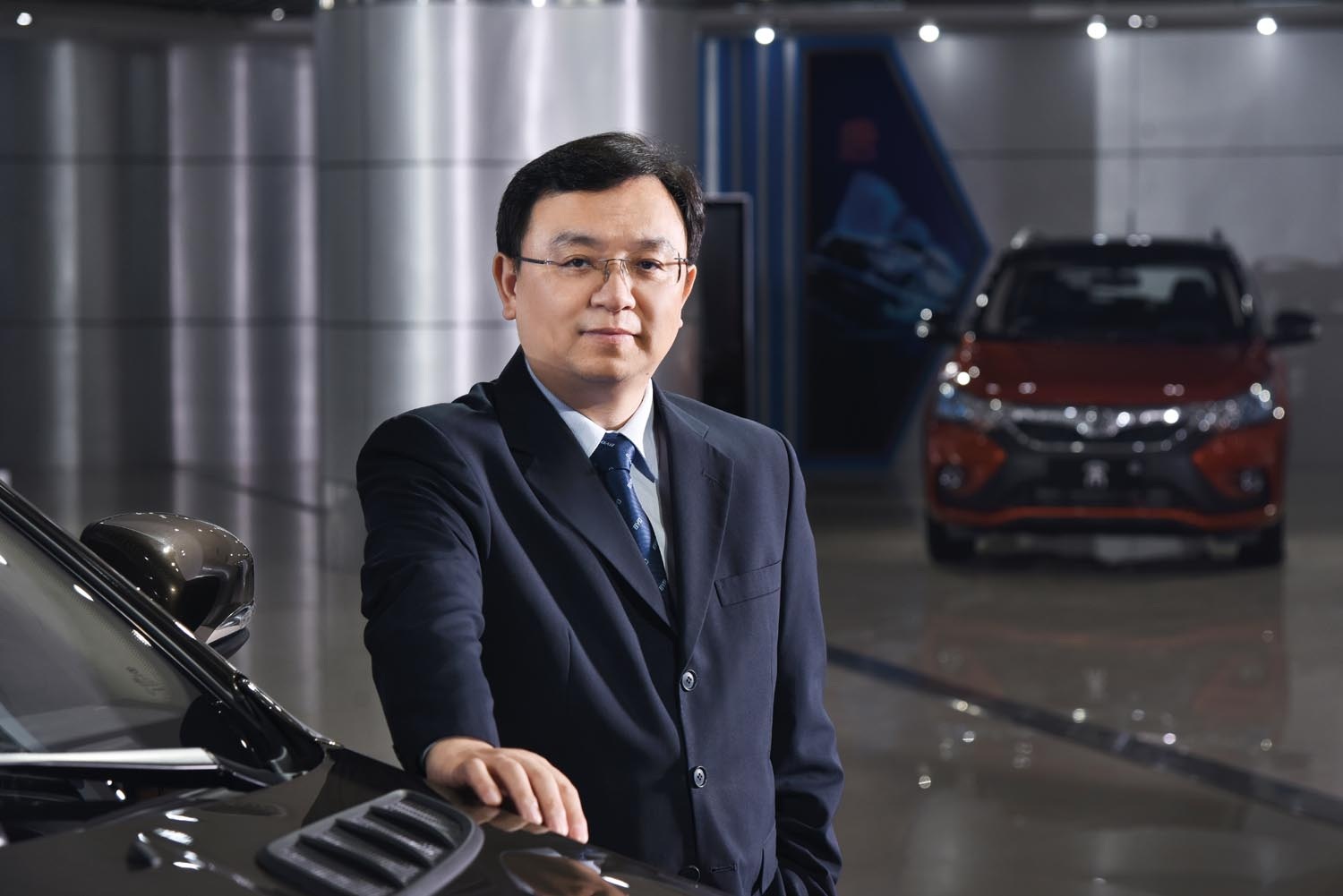
To his employees at BYD, Wang Chuanfu is simply known as "Chairman" (Photo: Forbes).
BYD’s meteoric rise adds to the allure of Wang’s rags-to-riches story. The story of the professor turned sharp-minded business executive with a careful focus on technology, supply chains and cost cutting is well-told at China’s science and business schools.
To his employees, Mr. Wang is often referred to simply as chairman. Revered and feared at the same time, the 57-year-old billionaire's humble demeanor inspires confidence in his ability to lead.
“The concept of work-life balance is not in his vocabulary,” Michael Dunne, CEO of Asian automotive consultancy Dunne Insights, told the Financial Times .
In 2008, the genius investor Charlie Munger convinced billionaire Warren Buffett to invest $230 million to buy 10% of BYD. At that time, BYD was just an unknown Chinese company. Berkshire Hathaway later sold 2% of the shares for $890 million. Their remaining shares are worth about $2.3 billion.
BYD's net profit more than doubled year-on-year to about 21.37 billion yuan in the year to September 2023. Its stock price has increased more than fivefold since the beginning of 2020, pushing its market capitalization to 622 billion yuan.
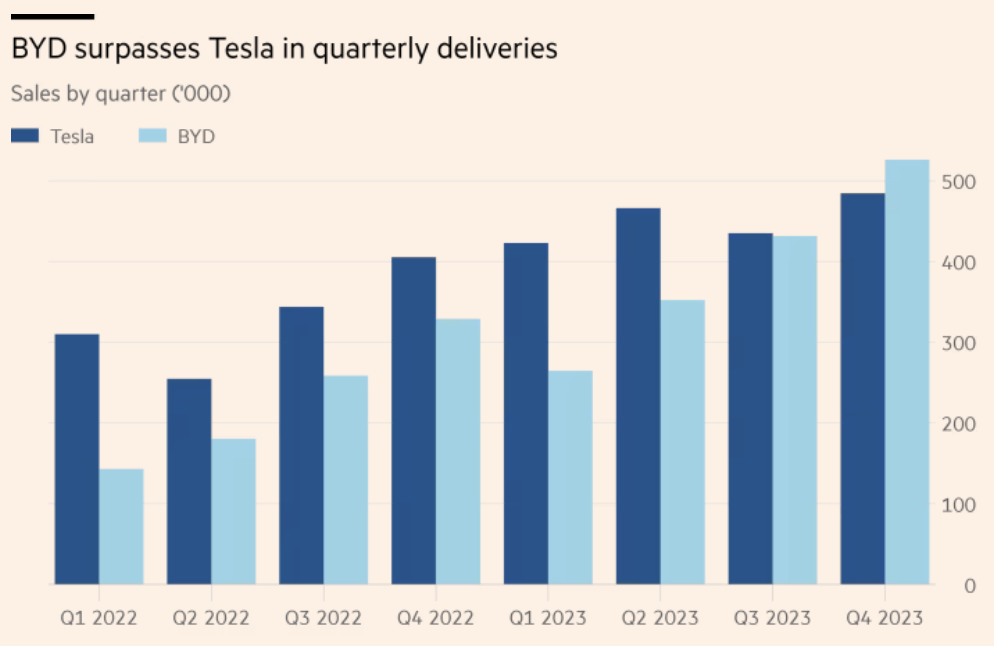
BYD's quarterly vehicle deliveries have surpassed Tesla's (Photo: FT).
While billionaire Charlie Munger is impressed with Wang's engineering skills, experts say BYD's success is largely due to his culture of ruthless cost-cutting.
Christoph Weber, an expert at Swiss software group AutoForm, said Wang had established a mechanism for absolute cost control.
Building on lessons learned from manufacturing mobile phone batteries and other components for Siemens, Nokia and Motorola in its early years, BYD developed its own capabilities.
BYD has been very reluctant to contract with other companies for hardware or services. The focus on cost has reinforced the group’s vertical integration, from resource sourcing to batteries and computer chips. BYD is also one of the world’s leading battery makers and supplies rivals such as Tesla and Toyota.
Step by step surpassing Tesla
BYD's total sales in 2023 increased by 62% to more than 3 million vehicles, compared with Tesla's 1.81 million. BYD's high-tech products are highly favored by the Chinese government because they contribute to the country's goal of reducing carbon emissions.
In his New Year's speech, President Xi Jinping noted that China's new energy vehicles demonstrate the country's manufacturing capabilities.
Despite Elon Musk’s earlier ridicule, BYD has gained a certain reputation in the auto industry. In 2021, then-Volkswagen chairman Herbert Diess told the Financial Times that BYD was the company the German automaker feared most.
BYD’s recent rise has surprised many in the industry. The company has seen rapid growth during the Covid-19 pandemic.
“If I shop by value, BYD has five models that are cheaper than Tesla. And they’re newer,” Bill Russo, founder of consultancy Automobileity, told the Financial Times .
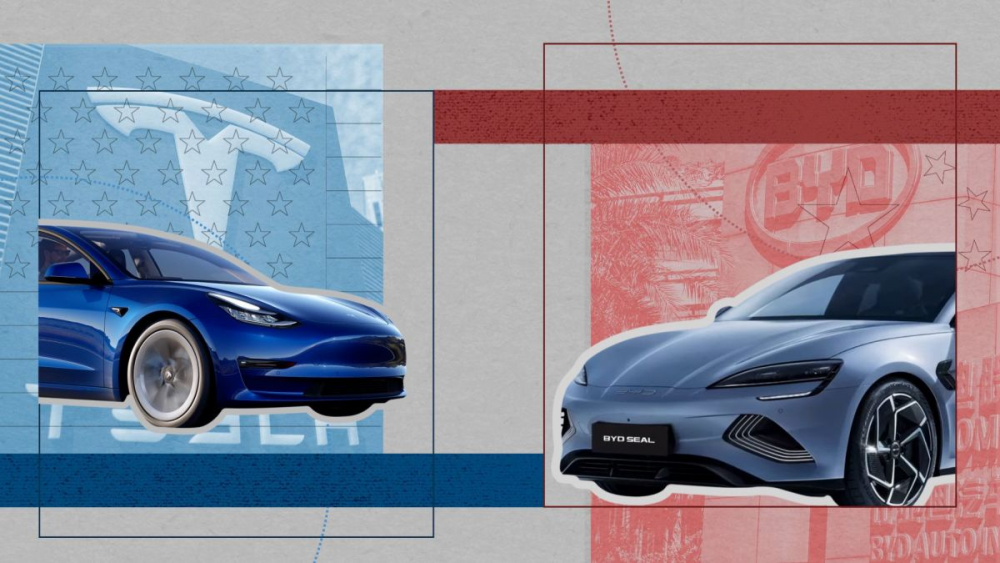
Despite Elon Musk's previous ridicule, BYD still has a certain reputation in the auto manufacturing industry (Photo: Bloomberg).
Tesla's strategy, on the other hand, is to lower product prices to boost sales and drive competitors out of the market.
But that didn’t happen. The price cuts failed to boost sales as the tough economy forced people to tighten their spending, and demand for electric vehicles fell short of expectations.
In addition, instead of explaining the high price to customers, he lowered the price, pushing Elon Musk into a losing "gamble".
"If you want to sustain a price war, you have to make sure you have the ability to grow and sustain profits," John Zhang, a professor at the Wahrton School of Business, told Business Insider . "It's a continuous war, and you have to fight it all the way. So you have to calculate everything very carefully in advance to win."
Many experts say that it is difficult to win price wars. These wars only reduce the profits of the entire industry. In that case, companies only focus on reducing product prices without investing in technology development.
Reaching out to the ocean
Having conquered the Chinese market, Wang is now setting his sights abroad. Last November, BYD executives told analysts at Citigroup that they wanted to gain 10% market share in overseas markets, excluding the United States or Europe, in the long term.
That means annual sales outside the US and Europe could reach 3 million units, up from around 240,000 in 2023.
Meanwhile, the group’s prospects in the US and Europe remain uncertain. Concerns about a flood of Chinese-made cars have prompted the European Commission to launch an investigation into Beijing’s industrial support and increased local subsidies.
In the US market, BYD also faces many barriers in terms of consumer sentiment. Although Chinese automakers are not banned from selling cars in the US, they face a 25% tariff and do not receive electric vehicle subsidies.
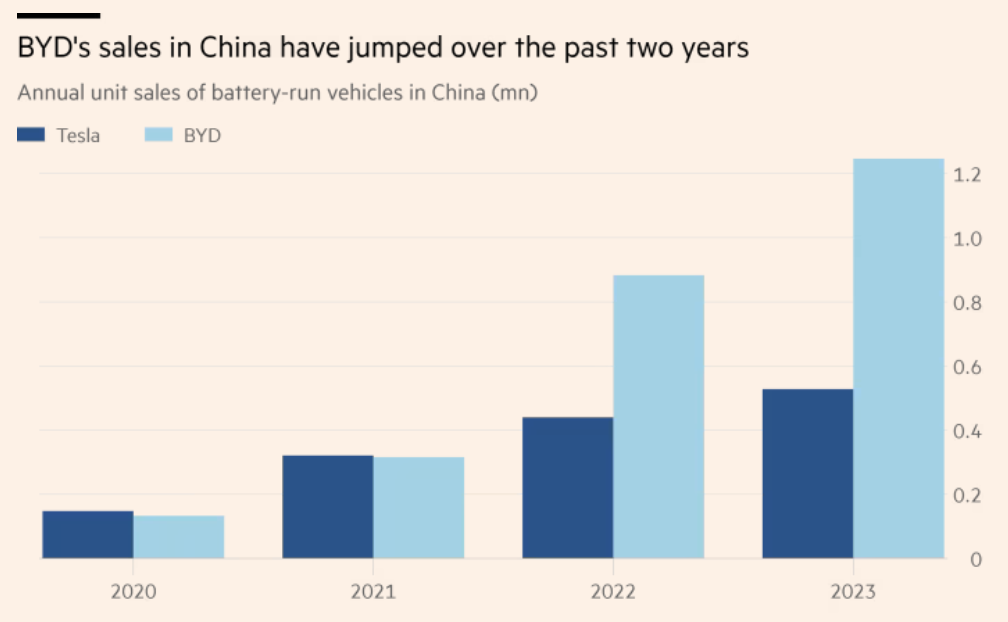
BYD's sales in China have skyrocketed over the past two years (Photo: Bloomberg).
Michael Dunne, CEO of consulting firm Dunne Insights, said Chinese automakers need to find a way into the US, the world's second-largest auto market, if they want to maintain growth.
“They really need access to this market because sitting still in China is not a good option,” the expert stressed.
However, Chinese auto companies including BYD are largely unproven outside their domestic market.
Source




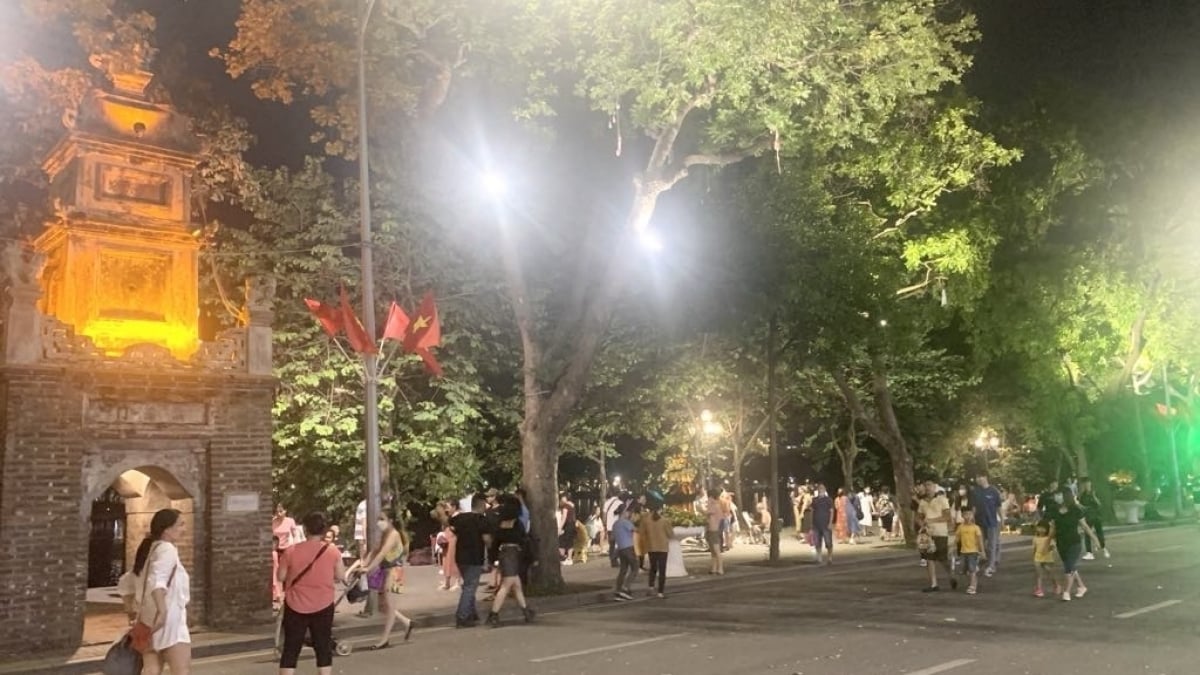

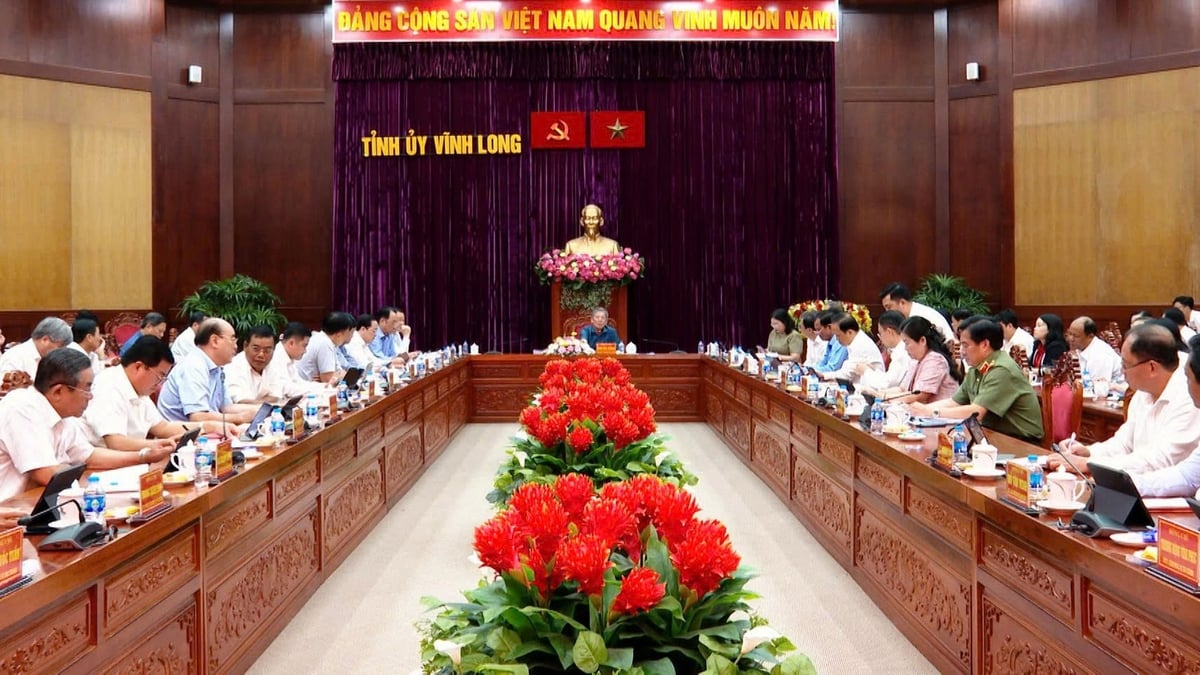























![[Photo] National Assembly Chairman Tran Thanh Man visits Vietnamese Heroic Mother Ta Thi Tran](https://vphoto.vietnam.vn/thumb/1200x675/vietnam/resource/IMAGE/2025/7/20/765c0bd057dd44ad83ab89fe0255b783)






































































Comment (0)